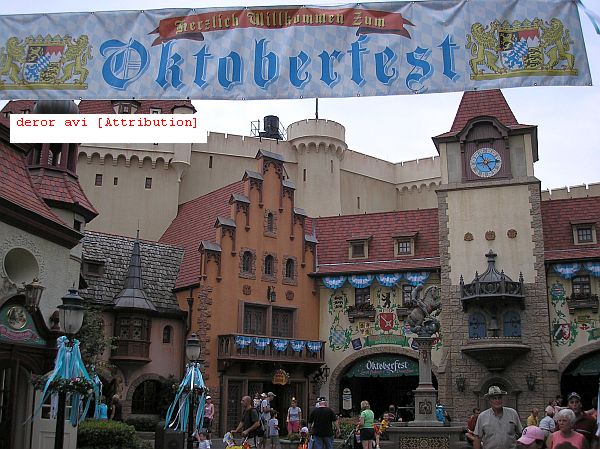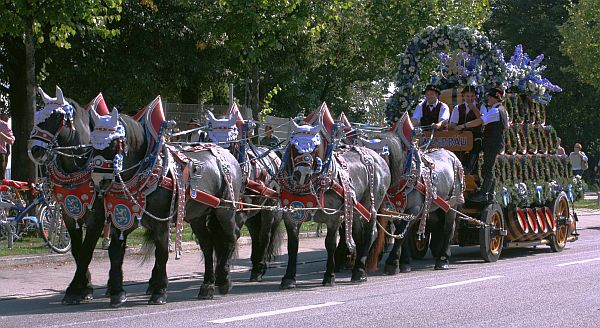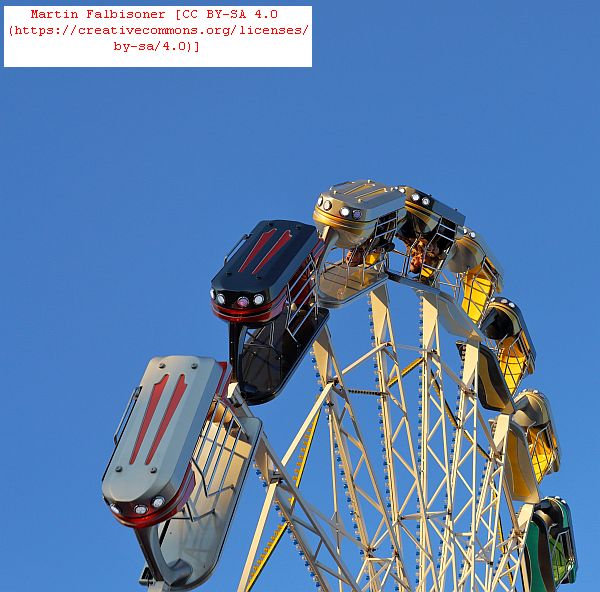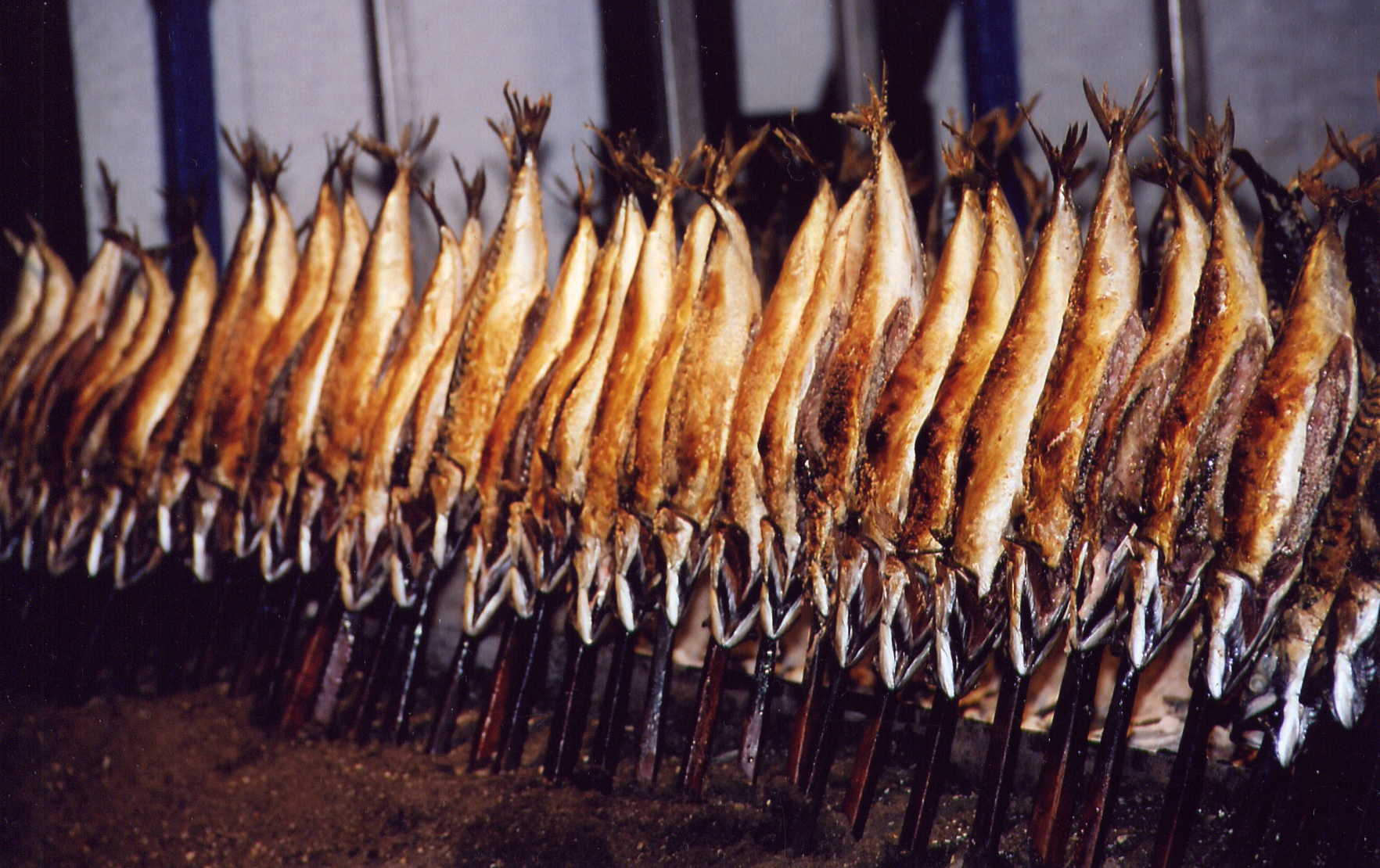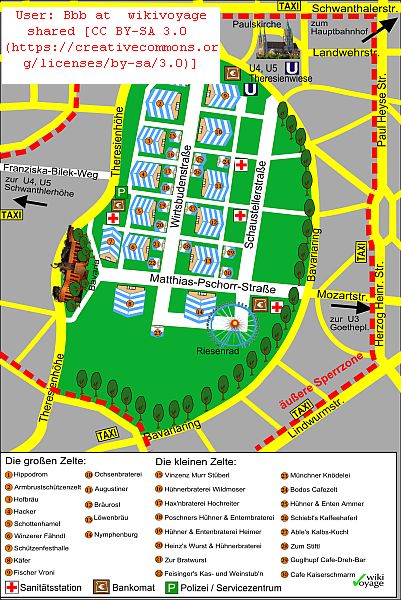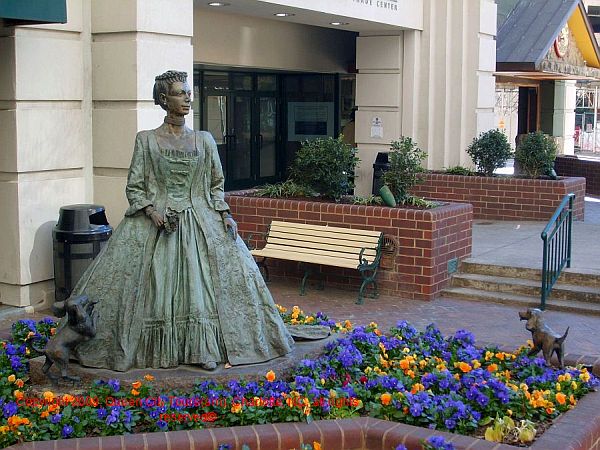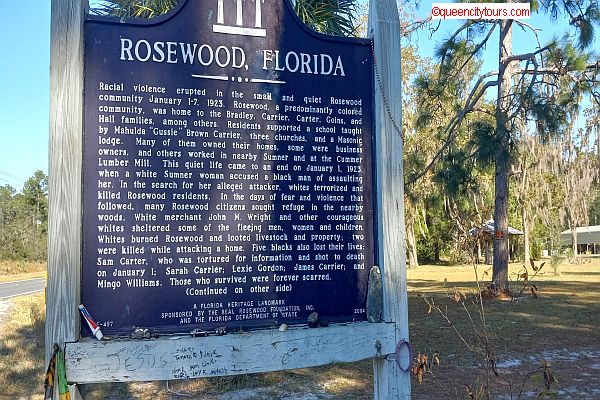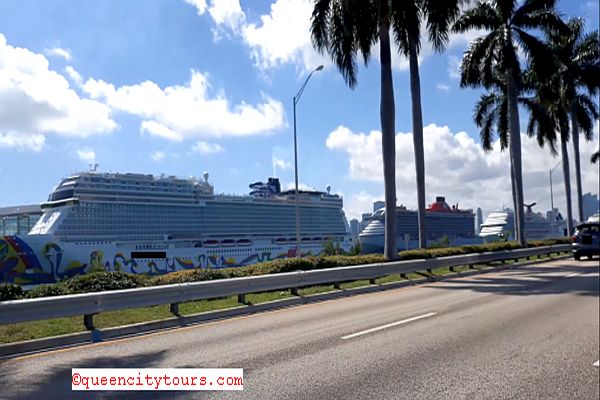
It is that time of the year again when some of us reluctantly have to say goodbye to warm summer nights, trips to
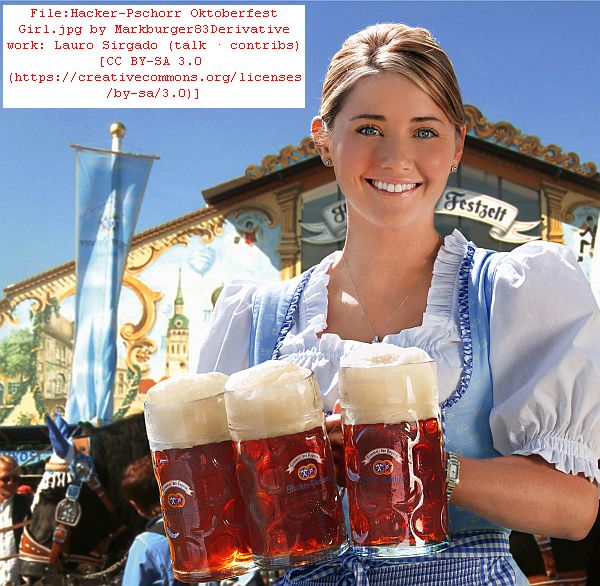 the beach 🏖️, family reunions 👨👩👧👦, cookouts 🍔, and road trips 🚗. It is, however, time to buckle down for what may or may not be a long and frosty winter ❄️ filled with ski trips ⛷️, snowmen ⛄, icy roads, and cancellations 🛣️. Some, however, choose to head overseas ✈️ to the old country for fall's most enduring and popular festival — Oktoberfest 🍻 — ushering in Jack Frost with a Bavarian keg, bratwurst 🌭, and lots of umm papa 🎶.
The festive atmosphere of Munich 🎡 offers endless entertainment, from lively beer halls 🍺 to energetic parades 🎺. With authentic music, traditional attire, and delicious food, it’s a celebration unlike any other! So, whether you plan to join in the festivities or prepare for the winter season ahead, fall provides exciting opportunities to explore.
the beach 🏖️, family reunions 👨👩👧👦, cookouts 🍔, and road trips 🚗. It is, however, time to buckle down for what may or may not be a long and frosty winter ❄️ filled with ski trips ⛷️, snowmen ⛄, icy roads, and cancellations 🛣️. Some, however, choose to head overseas ✈️ to the old country for fall's most enduring and popular festival — Oktoberfest 🍻 — ushering in Jack Frost with a Bavarian keg, bratwurst 🌭, and lots of umm papa 🎶.
The festive atmosphere of Munich 🎡 offers endless entertainment, from lively beer halls 🍺 to energetic parades 🎺. With authentic music, traditional attire, and delicious food, it’s a celebration unlike any other! So, whether you plan to join in the festivities or prepare for the winter season ahead, fall provides exciting opportunities to explore.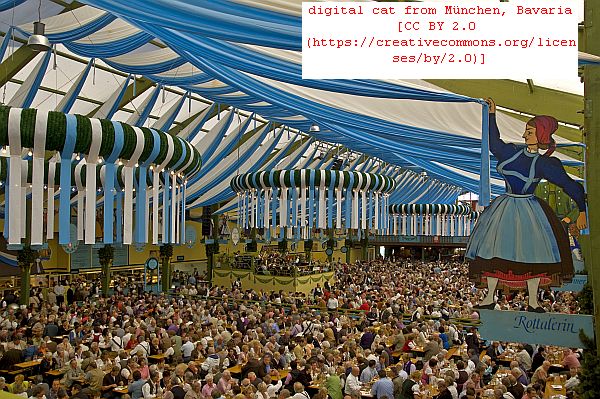 This annual German festival 🎉 traditionally starts the third weekend in September 🍂 and ends the first Sunday in October 🍁. Oktoberfest 🍻 began with the royal wedding 👑 of Crown Prince Ludwig (later King Ludwig) on October 12, 1810, to Princess Therese of Saxony-Hildburghausen 👸. All citizens of Munich, Germany 🇩🇪, were invited to attend the festivities surrounding the royal wedding 💍 on the fields in front of the city’s gates. These fields were later renamed Theresienwiese ("Theresa's Fields") 🌾 in honor of the Crown Princess 👑, and today the locals call it "Wiesn" 🌿.
The traditional horse races 🏇 at the end of the festival came about in its early years, with the royal Bavarian family 👑 and town being treated to them as part of the event 🎠. The first Agricultural Show 🌾 took place in 1811 to boost Bavaria’s agricultural industry 🌱.
This annual German festival 🎉 traditionally starts the third weekend in September 🍂 and ends the first Sunday in October 🍁. Oktoberfest 🍻 began with the royal wedding 👑 of Crown Prince Ludwig (later King Ludwig) on October 12, 1810, to Princess Therese of Saxony-Hildburghausen 👸. All citizens of Munich, Germany 🇩🇪, were invited to attend the festivities surrounding the royal wedding 💍 on the fields in front of the city’s gates. These fields were later renamed Theresienwiese ("Theresa's Fields") 🌾 in honor of the Crown Princess 👑, and today the locals call it "Wiesn" 🌿.
The traditional horse races 🏇 at the end of the festival came about in its early years, with the royal Bavarian family 👑 and town being treated to them as part of the event 🎠. The first Agricultural Show 🌾 took place in 1811 to boost Bavaria’s agricultural industry 🌱.
